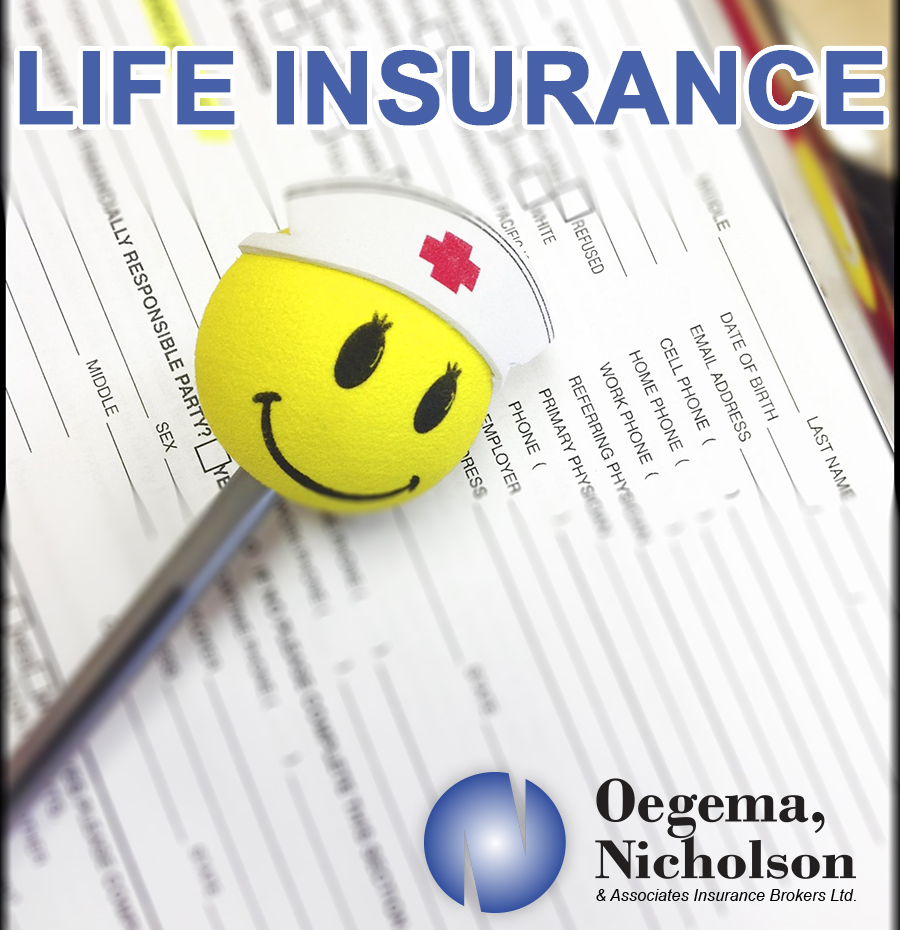
3 Important Things to Consider About Life Insurance
Posted by on Sep 03, 2014 in
Most people find it unpleasant to think about life insurance, and that’s completely understandable. But for the sake of your family and love ones, the responsible thing to do is to have a plan in place, whether you’re 25 or 85. That’s why life insurance is vital. It provides support for your loved ones should the worst case scenario happen. Here are some basic things to know and questions to ask about life insurance. 
How Much Do I Need?
It depends on your situation, both at present and as you move into the future. Here are a few of the basic considerations to take into account:- Are you in a personal partnership (married)? Do you have children? Are there others outside of the immediate family that depend on you financially?
- If you have children, are you looking to fund their education in the event of your premature death?
- What other plans do you have for the future in terms of large expenses? For example, paying down a mortgage, paying for a wedding, buying a new car, etc.
How will my premium be determined?
Predicting an individual’s date of death with any degree of certainty is, of course, impossible. That’s why insurers rely on data compiled by actuaries to base policies on statistical likelihoods. Based on different factors, individuals are classified into groups to determine their likely “risk” and premium. The more risk of death for a group based on these tables, the higher premium an individual within them will pay. Some of these factors can include:- Gender/Sex
- Age
- Physical Condition
- Medical History
- Habits (e.g. smoking)
- Location
Who Will Be The Beneficiaries?
One of the most important decisions you can make is who the beneficiary of your life insurance policy will be. Many people will name their spouse as their beneficiary, and some will name their children. Some people might choose someone who has influenced their life in other ways, and some even choose a charity. There are a number of considerations to this decision, and you should do whatever feels right to you. Regardless of who you choose, here are a couple of things to keep in mind:- Beneficiaries often opt to receive the payout in a lump sum, although there may be other settlement options available depending on how the policy was structured.
- Benefits in Canada are tax-free for the beneficiary.
- Benefits are paid directly to the beneficiary named (i.e. they do not go through your estate.)

